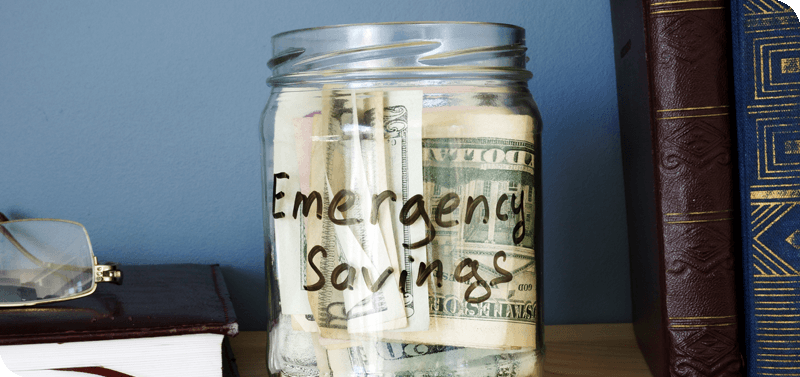4 Online Scams That Can Threaten Your Financial Accounts
“No way would someone fall for that.”
“It’s obviously a scam.”
“That’ll never happen to me.”
Many people mistakenly assume that victims of online financial scams are simply gullible. Fraudsters use sophisticated schemes to lure their marks in ever-increasing numbers. The FBI’s Internet Crime Complaint Center (IC3) reports that Americans lost $2.7 billion in 2018 due to online fraud and theft. While the Nigerian prince e-mail scam is common knowledge, there are plenty of other ways thieves steal money and gain access to personal information from unsuspecting victims.
Here are four common online scams that can threaten your financial accounts and ways to avoid them.
Confidence (or Romance) Scam
One of the highest reported financial losses occurs with the romance scam. After meeting online, the thief gains the victim’s confidence, sometimes by starting a romantic relationship, and then gains access to his or her financial records. The smitten account holder may also be compelled to give money to their new love when the fraudster claims they have an emergency. Once the money is received, the victim is out the money and the relationship.
How to avoid becoming a victim of this scam:
Never give your PIN, passwords, or financial account numbers to anyone who does not have a legal right to this information. Thieves pull on their victim’s heartstrings by describing false reasons for needing their victim's credit card or social security number. They’ll use this data, along with other information they’ve already collected, to commit financial fraud or identity theft. Never put your trust in someone you’ve never met in person.
Caller ID Spoofing Scam
Fraudsters will use technology to their advantage by having a trusted company’s name appear under the caller ID of your phone. Believing that it’s ABC Company, you might be easily convinced when they tell you that you must immediately pay a past due bill, or be subject to a stiff fine or jail time. Another variation of this scam is when a caller claims that a relative is in dire need of cash and they are calling on their behalf. This is often followed by a request to wire money or send gift cards within a short timeframe.
How to avoid becoming a victim of this scam:
If you weren’t expecting the call, hang up. Dial an official number of the business to confirm the original call or report the incident. Never send gift cards to someone you do not know.
Lottery Winnings Scam
Thieves may attempt to contact you online through social media, email, or text and state that you’ve won a sweepstakes or lottery. To claim your prize, they’ll tell you that you first need to pay taxes or a fee. Fraudsters may request personal financial information such as bank account numbers and passwords, claiming that they will direct deposit the money into your bank account. Criminals are even posing as employees of reputable companies to fool the public.
How to avoid becoming a victim of this scam:
If you enter sweepstakes, lotteries, or contests regularly, you might be a winner. But, before you provide any personal information, contact the company using the email or phone number on their website to confirm the prize. Contact information should also be available in the official sweepstakes rules. Scammers count on your excitement, hoping that you’ll act quickly and fail to confirm the legitimacy of the notification. Be watchful of scammers who use names and websites very similar to, but not the same as, legitimate companies.
Fake Check Scam
Thieves will give you a fraudulent check and ask you to deposit it at your financial institution. Checks are often for the prepayment of services, items purchased online, or employment. The check will be for more than the amount that’s owed, so they’ll request the difference of the overpayment right away. Knowing that fraudulent checks can take weeks to be discovered, thieves require that you send them the difference via a wire transfer immediately. Victims often remain liable for the fake check and any additional money withdrawn against it.
How to avoid becoming a victim of this scam:
Only accept personal checks, cashier’s checks, or money orders for the exact amount owed and never agree to give someone cash back from a check.
If you think that you might be a victim of these or other online financial schemes, file a consumer complaint, and contact the state’s attorney general’s office. Contact a Member Service Representative for assistance with accounts that may be affected. Gather any documentation you have of the communication with the scammer to assist with any subsequent investigation.
It’s possible to keep your money and your private data out of the hands of thieves. Stay current on new scams by visiting the NCUA’s Consumer Reports YouTube page. View the Frauds, Scams, and Cyberthreats videos to learn more. The Federal Trade Commission’s Consumer Information page also provides up-to-date alerts for interested parties. As they say, “If it sounds too good to be true, it probably is.”


